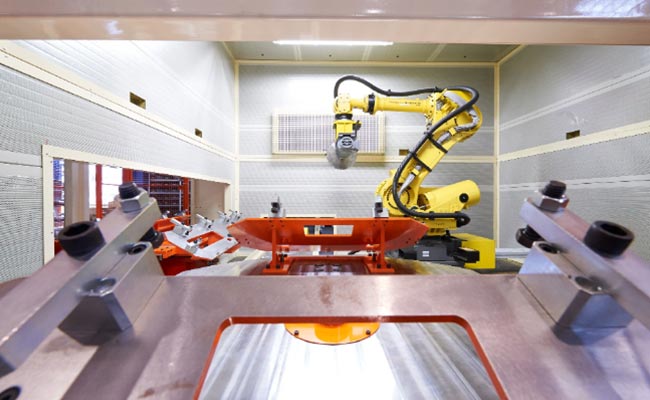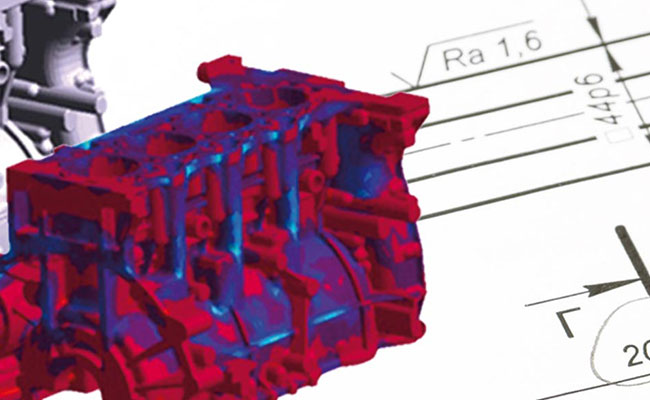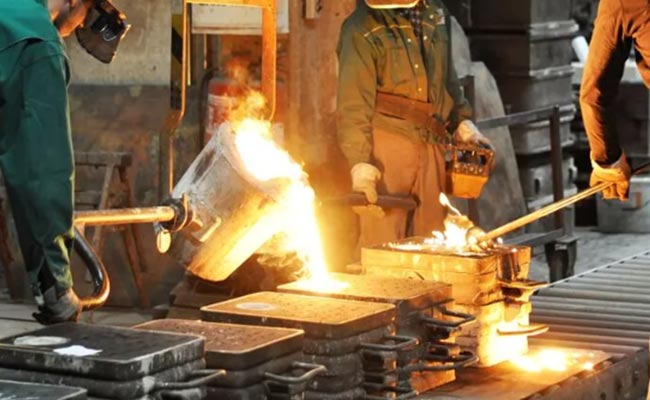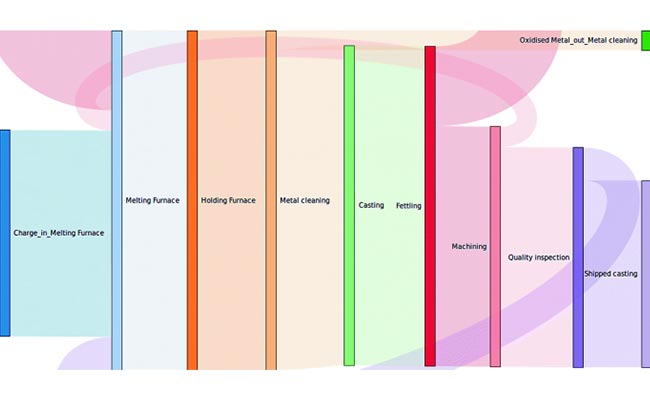
The Latest Trends in Casting Technology: What to Expect in 2025 and Beyond I
2025-04-14
Sustainability in Foundries: How the Casting Industry is Going Green I
2025-04-28The Latest Trends in Casting Technology: What to Expect in 2025 and Beyond II

5. Automation and Robotics
Automation continues to improve productivity, consistency, and worker safety.
Robotic Pouring Systems: Reduce human exposure to molten metal and improve precision.
Automated Inspection: AI-powered systems detect defects faster and more accurately than manual methods.
Collaborative Robots (Cobots): Robots working alongside humans enhance efficiency in repetitive tasks like molding and assembly.
6. Smart Foundries and Industry 4.0
Foundries are embracing smart technologies to stay competitive.
IoT-Enabled Equipment: Machines equipped with IoT devices streamline monitoring and control.
AI Optimization: Algorithms analyze production data to optimize workflows and improve efficiency.
Cloud-Based Platforms: Centralized systems enable remote monitoring and collaboration.
7. Increased Focus on Quality Control
As customer demands for precision grow, quality control methods are evolving.
Non-Destructive Testing (NDT): Techniques like X-ray, ultrasonic, and CT scanning provide detailed internal insights.
Automated Defect Detection: AI systems identify defects earlier in the manufacturing process.
Real-Time Quality Monitoring: Continuous data collection ensures compliance with tight tolerances.
8. Custom and Small-Batch Production
The rise of niche markets and bespoke manufacturing is transforming production methods.
Low-Volume Casting Solutions: Advanced casting techniques cater to custom and prototype demands.
Flexible Manufacturing Systems: Quick mold changes and modular machinery adapt to diverse production requirements.
9. Applications for Emerging Industries
Emerging markets are driving innovations in casting.
Electric Vehicles (EVs): Lightweight components and optimized thermal management castings for EV batteries.
Renewable Energy: Precision castings for wind turbines, solar panel mounts, and energy storage systems.
Space Exploration: High-performance alloys for aerospace components used in satellites and spacecraft.



